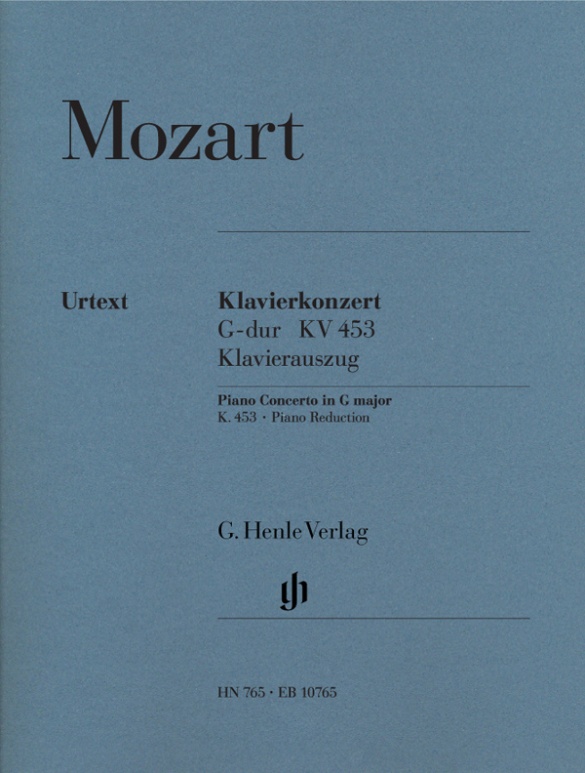

Wolfgang Amadeus Mozart
Piano Concerto no. 17 G major K. 453
This piano concerto by Mozart presented here inaugurate an ambitious project at Henle Publishers: in the coming years many of the Salzburg master’s 23 piano concertos will be published in completely new Urtext editions. And none other than András Schiff is collaborating with us. His piano reductions are aimed at amateurs rather than professionals; his fingerings for Mozart’s solo part have been exquisitely fine-tuned and are inspiring; and where Mozart’s original cadenzas are missing, Schiff’s stylistically perfected ones have been included. In so doing we aspire to set a new precedent. The quality is not only guaranteed by András Schiff, but also by the Mozart scholars to whom Henle Publishers have entrusted their Urtext editions. Each work is edited by a specialist, according to predetermined editorial guidelines. First and foremost Mozart’s handwritten scores have been consulted, being the most important sources. In some cases these had not yet been available when preparing previous editions. Moreover, we know today that in addition to Mozart’s own manuscripts, early copies in parts and prints also contain important information regarding the musical text. A co-production with Breitkopf & Härtel, Mozart’s piano concertos are not only available as attractive and affordable piano reductions, there are also an accompanying Urtext conductor’s score, orchestral parts and a study score. This will ensure that this lavish new edition can be used in many different contexts: whether studying the solo part in a definitive Urtext edition, which reflects the latest research findings; or playing together with a second pianist, providing a piano reduction which not only sounds superb but is also easy to play; or studying and reading the pocket score and finally performing with an orchestra, using newly-prepared material. This is a truly fitting project inauguration for the Mozart Year 2006.
Content/Details
About the Composer
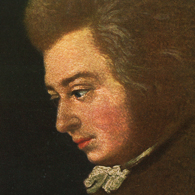
Wolfgang Amadeus Mozart
Mozart is one of the few composers to have produced masterpieces in all genres. On the concert tours he undertook in his early years (London, Mannheim, Italy, Paris) he gained many varied musical impressions that he assimilated in his youth and which formed the prerequisite for his later consummate musical language.
| 1756 | Born in Salzburg on January 27, the son of musician and later court composer Leopold Mozart. His early regimented musical education from his father began in 1761, first compositions at age five. |
| 1763–66 | Extended concert tours through various German cities and to Paris, London, Amsterdam, Switzerland. He composes his first sonatas for violin and piano, K. 10–15, dedicated to Queen Charlotte, as well as the first symphonies from London, K. 16 and 19, which show the influence of the works of Johann Christian Bach and Karl Friedrich Abel (the three-movement Italian sinfonia form). |
| 1767 | Premiere in Salzburg of the sacred light opera “Die Schuldigkeit des ersten Gebotes,” K. 35 (written with Michael Haydn and Anton C. Adlgasser), and the intermezzo “Apollo et Hyacinthus,” K. 38. Journeys with his father and sister to Vienna. |
| 1768 | Probably the premiere in Vienna of his Singspiel “Bastien and Bastienne,” K. 50. Composition of his first masses. |
| 1769 | Performance in Salzburg of the dramma giocoso “La finta semplice,” K. 51. |
| 1769–71 | Two tours to Italy; he meets Farinelli, P. Nardini, and Padre Martini, among others, and, on the second trip, Hasse. Premieres in Milan of his opera seria “Mitridate, Re di Ponto” in 1770 and of the festa teatrale “Ascanio in Alba” in 1771. Composition of symphonies and his first string quartet (1770, K. 80). |
| 1771 | Composition of the oratorio “La Betulia liberate,” K. 118, in Salzburg/Italy. |
| 1772 | Premiere of the serenata drammatica “Il sogno di Scipione,” K. 126, for the accession of Salzburg Archbishop Hieronymus Count Colloredo. He receives an appointment as salaried concertmaster of the Salzburg Court Chapel (of which he had been an unpaid member since 1769). Third journey to Italy with his father, premiere in Milan of the dramma per musica “Lucio Silla,” with general success. The final trip to Italy spells the ends of his youthful phase of appropriation; he has tested out all important instrumental genres (symphony, sonata, string quartet) and all the main genres of opera (Singspiel, opera buffa, opera seria, festa teatrale). |
| from 1773 | Composition of string quartets (K. 168–173) under the influence of Haydn, and of symphonies, divertimenti, serenades. He increasingly devotes himself, contingent upon the duties of his post, to liturgical music; several masses are written. Begins to compose violin and piano concerti. |
| 1775 | Premiere in Munich of the dramma giocoso “La finta giardiniera” and the serenata “Il Rè pastore.” Piano sonatas, K. 279–284. |
| 1777 | He vacates his post temporarily to undertaken a promotional tour with his mother to Munich, Mannheim, and Paris. |
| 1778 | Composition of the “Paris” Symphony in D major (K. 297). In Paris he experiences the quarrel between the proponents of Gluck and those of Piccinni. Publication of violin sonatas. |
| 1779 | Resumes his duties in Salzburg, as court organist. Coronation Mass in C major. |
| 1781 | Premiere in Munich of his tragédie lyrique “Idomeneo,” in which French and Italian elements are synthesized. Journey to Vienna. After his falling out with the Archbishop of Salzburg, he gives up his post, moves to Vienna, and earns his living as a free composer through concertizing and giving music lessons. His last great period of creativity begins. |
| 1782 | He becomes acquainted with the works of Bach and Handel through Baron van Swieten; after this he arranges Bachian fugues and incorporates the “learned style” (fugues and counterpoint) into his works beside the “galant style” (e.g. in the String Quartet in G major, K. 387, in 1782; Piano Sonata in F major, K. 533, in 1786; the Jupiter Symphony, K. 551, in 1788; “Die Zauberflöte” (“The Magic Flute”), and the Requiem in D minor, K. 626, both in 1791). Premiere in Vienna of his Singspiel “Die Entführung aus dem Serail” (“The Abduction from the Seraglio”). Composition of the Haffner Symphony in D major, K. 385. |
| 1783 | Mass in C minor, K. 427; Linz Symphony in C major, K. 425. |
| 1784 | Hunt Quartet in B-flat major, K. 458. |
| 1785 | Premiere in Vienna of the oratorio “Davide penitente,” K. 469. “Dissonance” Quartet in C major, K. 465. |
| 1786 | Premiere of the comedy with music “Der Schauspieldirektor” (“The Impresario”), K. 486, which Salieri’s competing work “Prima la musica e poi le parole” (“First the Music and Then the Words”) bests. Premiere in Vienna of the opera buffa “Le nozze di Figaro” (“The Marriage of Figaro”), whose extended action-packed finales form a highpoint of opera buffa. Prague Symphony in D major, K. 504. |
| 1787 | Serenade in G major (“Eine kleine Nachtmusik”), K. 525. He is named imperial and royal chamber composer. Premiere in Prague of the dramma giocoso “Il dissoluto punito ossia Il Don Giovanni,” a synthesis of serious and comic opera. |
| 1788 | Composition of the large Symphonies in E-flat major, K. 543; G minor, K. 550; and C major (Jupiter Symphony), K. 551. Clarinet Quintet in A major, K. 581. |
| 1790 | Premiere in Vienna of the dramma giocoso “Così fan tutte ossia La scuola degli amanti.” |
| 1791 | Premiere in Prague of the opera seria “La clemenza di Tito” and in Vienna of the Singspiel “Die Zauberflöte.” Clarinet Concerto in A major, K. 622. The Requiem remains unfinished. Dies in Vienna on December 5. |
About the Authors
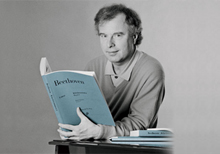
András Schiff (Piano reduction, Fingering)
» Biography
Product Safety Informations (GPSR)

G. Henle Verlag
Here you can find the information about the manufacturer of the product.G. Henle Verlag e.K.
Forstenrieder Allee 122
81476 München
Germany
info@henle.de
www.henle.com
Bij de uitvoering vlecht Schiff door zijn eigen cadensen dan ook wel eens een citaat uit een opera en slaat daarmee een brug tussen concertzaal en theater. Zijn inbreng is van onschatbare waarde en opent verrassend nieuwe perspectieven op stukken die ons zo vertrouwd leken.
Pianowereld, 2007… these new editions exude friendliness to performers on modern instruments and can be recommended wholeheartedly …
International Piano, 2007Die Herausgeber Stephan Hörner, Norbert Gertsch und Ernst-Günter Heinemann garantieren eine genaue und doch kritische Wiedergabe der originalen Vorlagen, was in den Bemerkungen und den unbedingt lesenswerten Vorworten zum Ausdruck kommt.
Schweizer Musikzeitung, 2007Was ist nun das Besondere dieser Neuausgabe? Werfen wir einen Blick in das von Stephan Hörner herausgegebene Klavierkonzert G-Dur KV 453, das Mozart in einem seiner produktivsten Jahre – 1784 – für seine Schülerin Barbara von Ployer schrieb. Zunächst fällt einmal das gegenüber älteren Ausgaben aufgelockert und großzügiger dimensionierte Satzbild auf – András Schiff verzichtet in seinem Klavierauszug auf den Ehrgeiz, wirklich jeden Mittelstimmeneinsatz der zweiten Violine oder affirmative Hornrufe in den Klaviersatz zu übernehmen. Der Mut zur Lücke wirkt erfrischend und klärend – dieser Klavierauszug eignet sich tatsächlich zum Blattspiel und wirkt zugleich an keiner Stelle überladen. Schön auch, dass Angaben zur Instrumentierung im Klavierauszug nicht fehlen: Einen Bläserakkord spielt man auf dem Klavier eben anders als einen Streicherakkord.
Piano News, 2006Zum Mozartjahr erscheint im Münchner Henle-Verlag eine weitere hochwertige Veröffentlichung, die in keiner Bibliothek fehlen sollte.
Ensemble, 2006Pour la première fois ici, l’œuvre est publiée dans une édition critique prenant en compte sa forme originale.
Crescendo, 2006András Schiff verzorgde voor Henle niet alleen de vingerzetting, maar vervaardige opnieuw een uitstekende reductie van de orkestpartij die volledig recht doet aan het klankbeeld en de stemvoering en bovendien pianistisch in evenwicht is met de solopartij..
Pianowereld, 2009recommendations
autogenerated_cross_selling
Further editions of this title


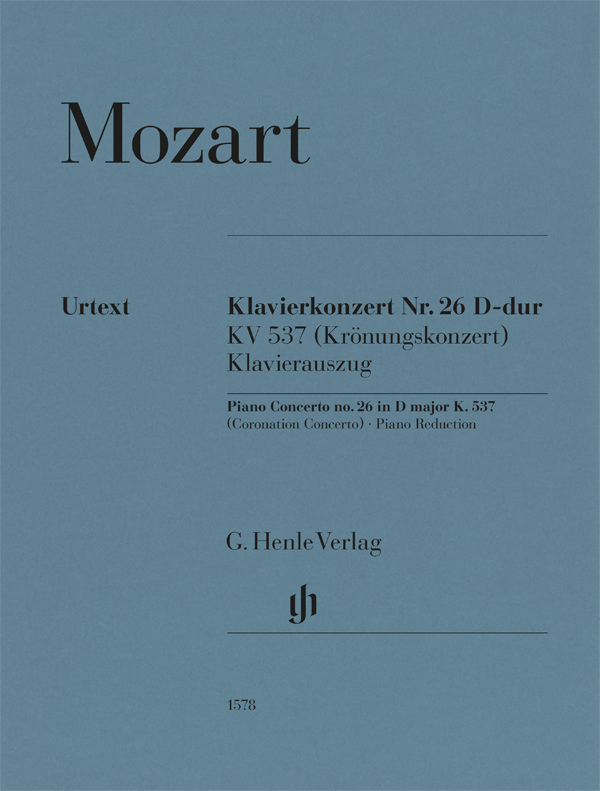
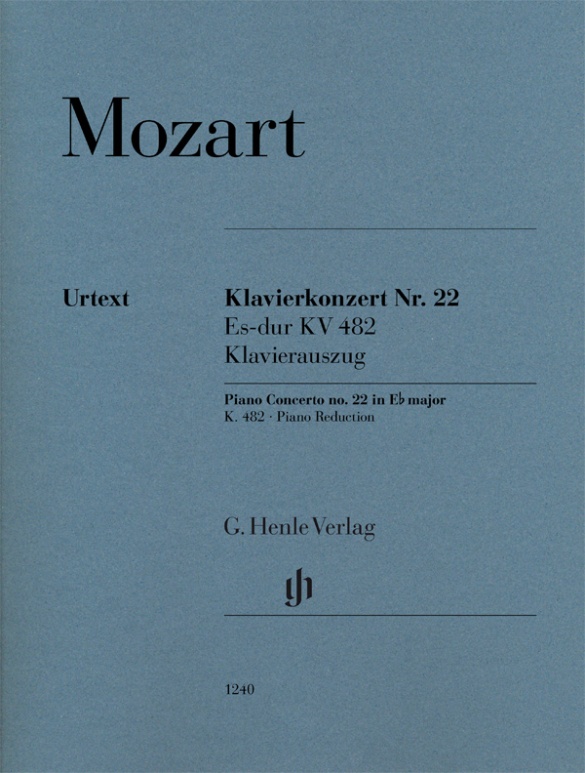
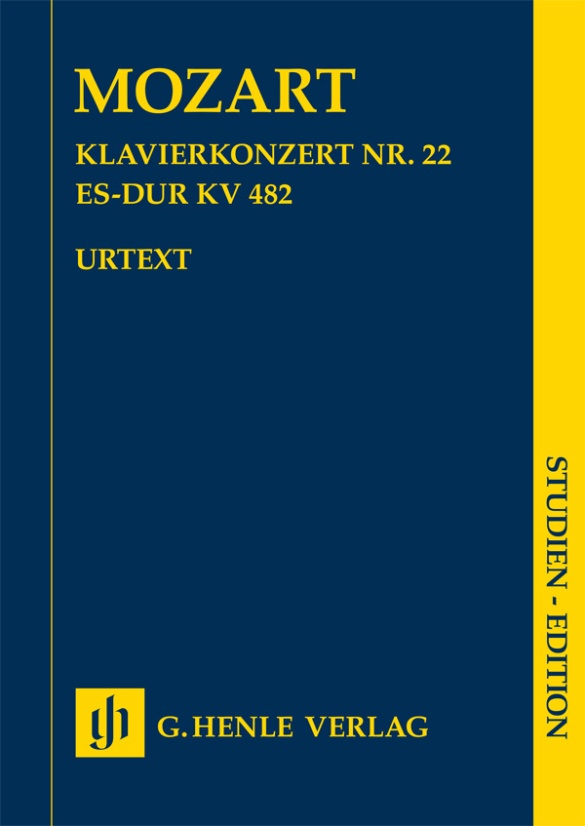

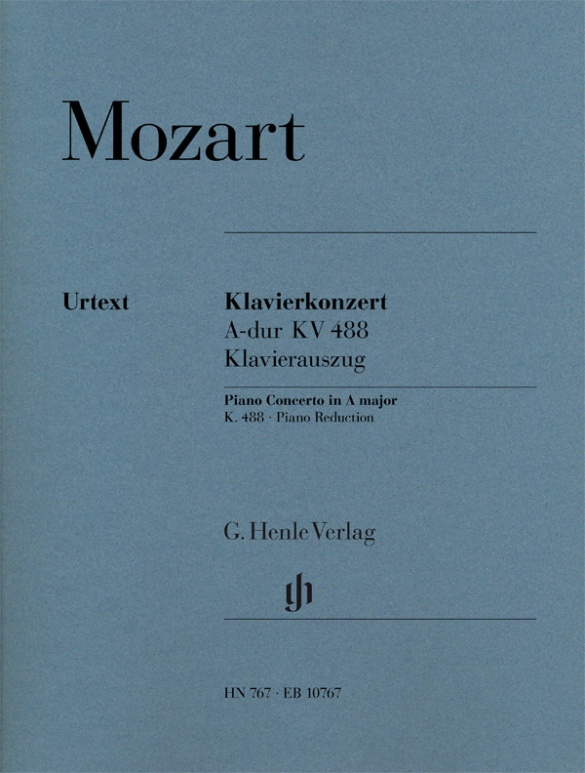
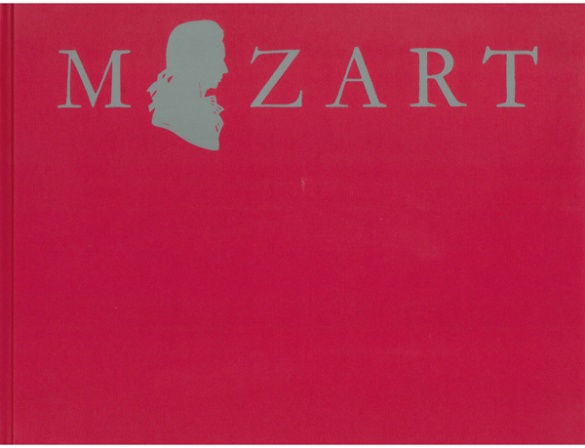
Orchestral material from Breitkopf & Härtel